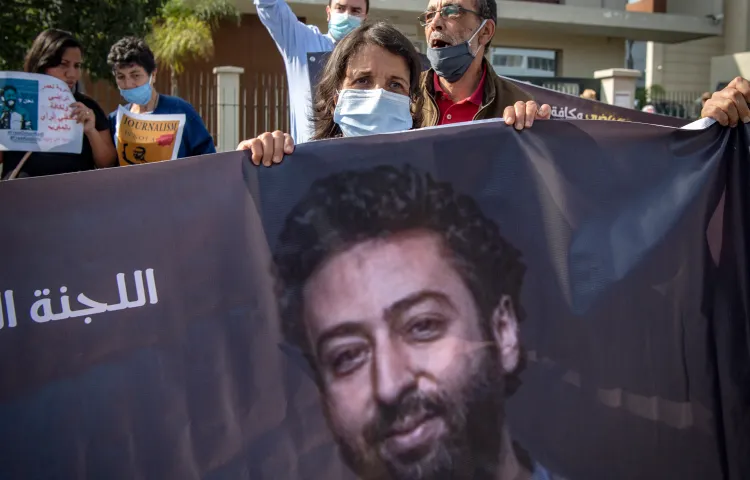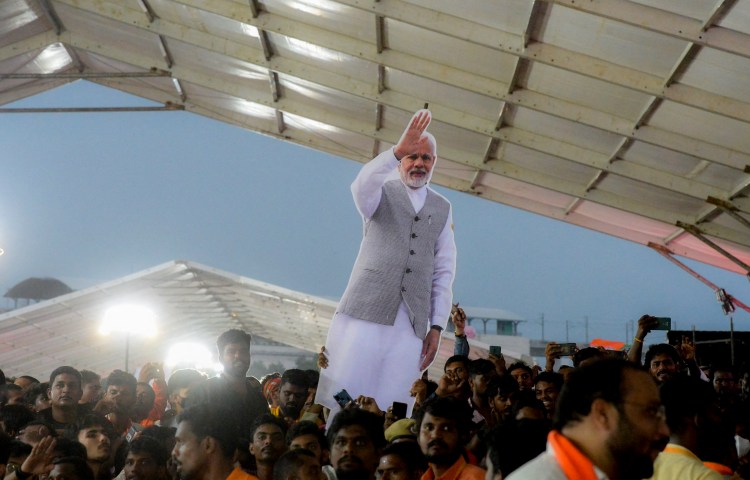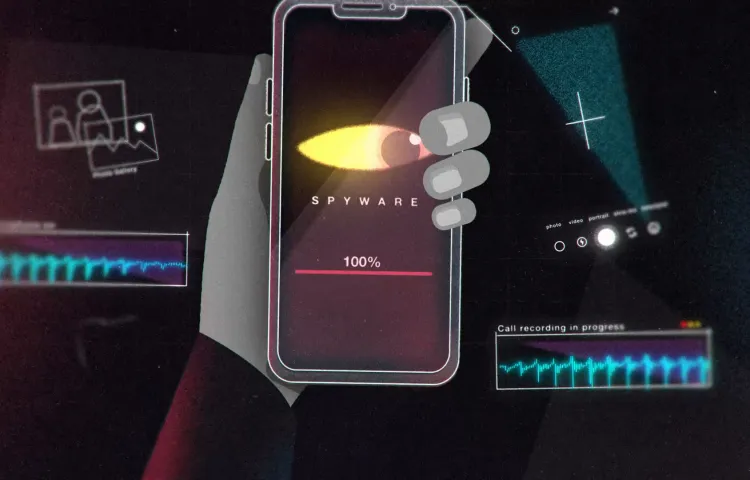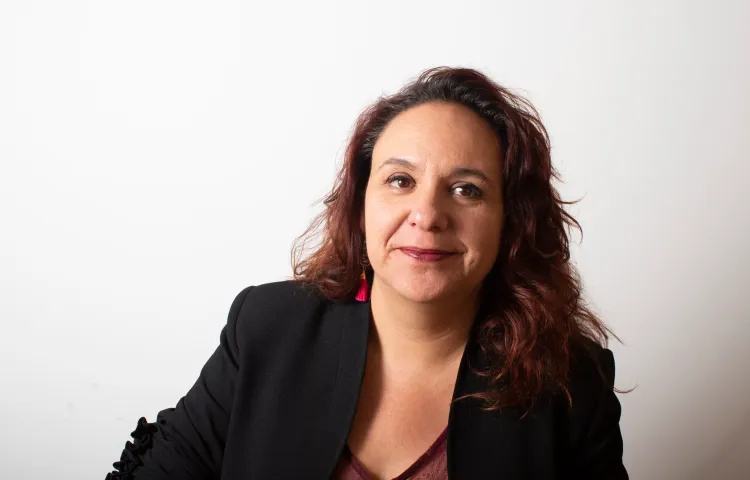
David Kaye: Here’s what world leaders must do about spyware
In late June, the general counsel of NSO Group, the Israeli company responsible for the deeply intrusive spyware tool, Pegasus, appeared before a committee established by members of the European Parliament (MEPs). Called the PEGA Committee colloquially, the Parliament established it to investigate allegations that EU member states and others have used “Pegasus and equivalent…

Hungarian journalists targeted by spyware have little hope EU can help
Szabolcs Panyi was not even remotely surprised when Amnesty International’s tech team confirmed in 2021 that his cell phone had been infiltrated by Pegasus spyware for much of 2019. Panyi, a journalist covering national security, high-level diplomacy, and corruption for Hungarian investigative outlet Direkt36, had already long factored into his everyday work that his communications…

In Morocco, journalists – and their families – still struggle to cope with spyware fears
By CPJ MENA Staff Last July, when the Pegasus Project investigation revealed that imprisoned Moroccan journalist Soulaiman Raissouni was selected for surveillance by Israeli-made Pegasus spyware, the journalist could only laugh. “I was so sure,” his wife Kholoud Mokhtari said Raissouni told her from prison. Raissouni is one of seven local journalists named by the…

For Mexican journalists, President López Obrador’s pledge to curb spyware rings hollow
“Practically nothing.” RíoDoce magazine editor Andrés Villarreal spoke with a sigh and a hint of resignation as he described what came of Mexico’s investigation into the attempted hacking of his cell phone. “The federal authorities never contacted me personally. They told us informally that it wasn’t them, but that’s it.” Over five years have passed…

In India’s hardest-hit newsroom, surveilled reporters fear for their families and future journalists
M.K. Venu, a founding editor at India’s independent non-profit news site The Wire, says he has become used to having his phone tapped in the course of his career. But that didn’t diminish his shock last year when he learned that he, along with at least five others from The Wire, were among those listed…

MEDIA ADVISORY: CPJ to publish comprehensive report on the threat to journalism posed by zero-click spyware
New York — On Thursday, October 13 the Committee to Protect Journalists (CPJ) will publish a report on the global impact of malicious spyware on journalism. Coming one year after the Pegasus Papers first shed light on the scale and scope of how one company’s software was weaponized by government officials to target journalists, the…

‘Permanent fear’: Togolese journalists on their lives 1 year after Pegasus Project revelations
One year after news broke about a list of over 50,000 phone numbers allegedly selected for surveillance with Pegasus spyware, journalists around the world continue to live and work with the fear that their phones can be used to track their conversations and penetrate all the personal and professional data stored on their devices. The…

Marcela Turati on the chilling implications of Mexico’s probe into her reporting
For more than a decade, Marcela Turati has painstakingly documented disappearances and mass graves in Mexico, cementing her reputation as one of the country’s foremost investigative reporters. But even with her knowledge of human rights abuses and corruption, she was shocked to learn that she has been under investigation by Mexican federal authorities for years….

Hungary’s Szabolcs Panyi on how Pegasus surveillance has hindered his reporting
It took five months for Hungary to acknowledge publicly that it had bought the Pegasus spyware allegedly used to hack the phones of hundreds around the world. In November, Lajos Kósa, a top official from Hungary’s ruling Fidesz party, acknowledged the purchase in a media interview after a parliamentary meeting; Minister of the Interior Sándor…

‘A high-profile action’: Lawyer Douglas Jacobson on what U.S. export restrictions could mean for Israel’s NSO Group
On November 3, the U.S. Department of Commerce announced it had imposed export controls on the Israeli NSO Group, saying the company “developed and supplied spyware to foreign governments that used these tools to maliciously target” journalists and others. The move represented a relatively new use for the Entity List for Malicious Cyber Activities, a…